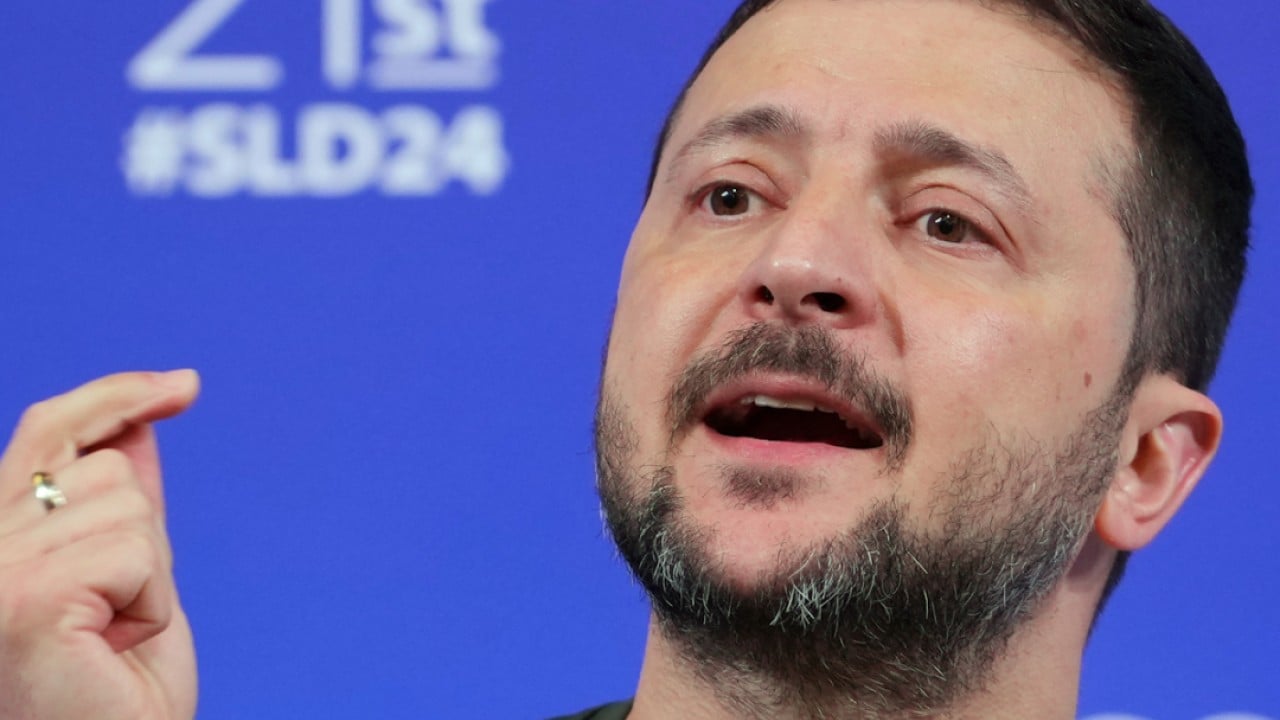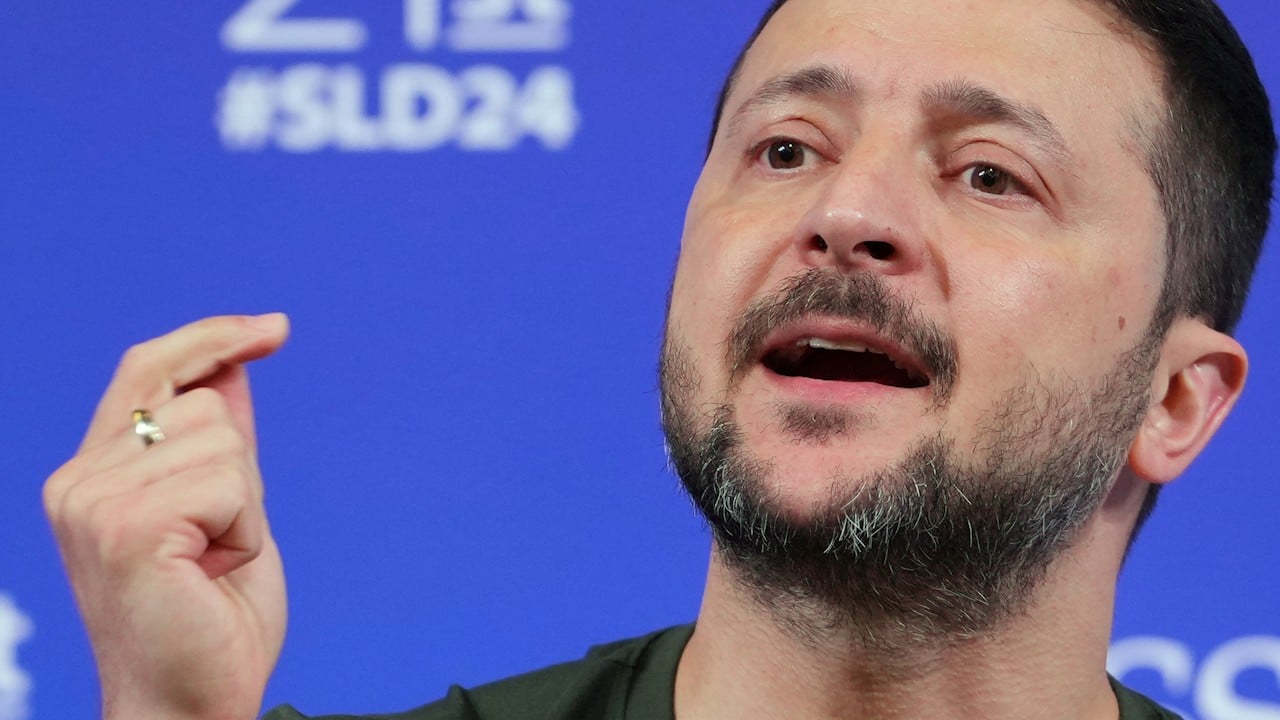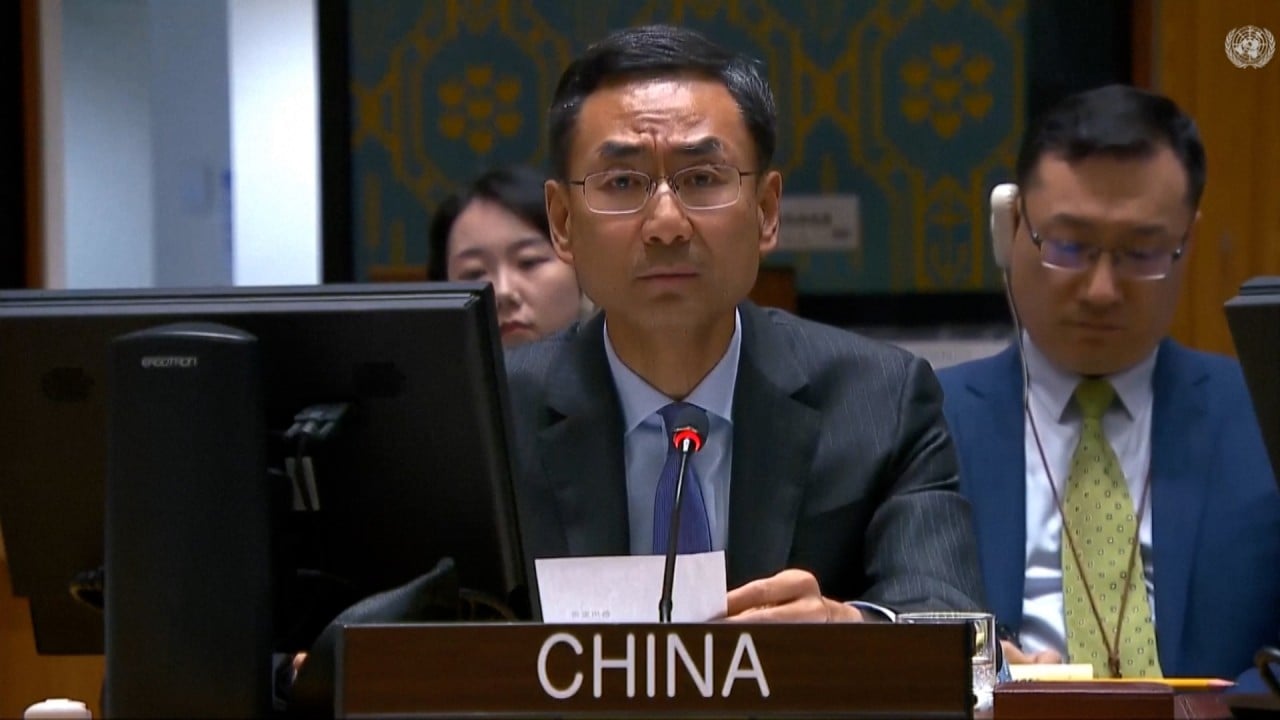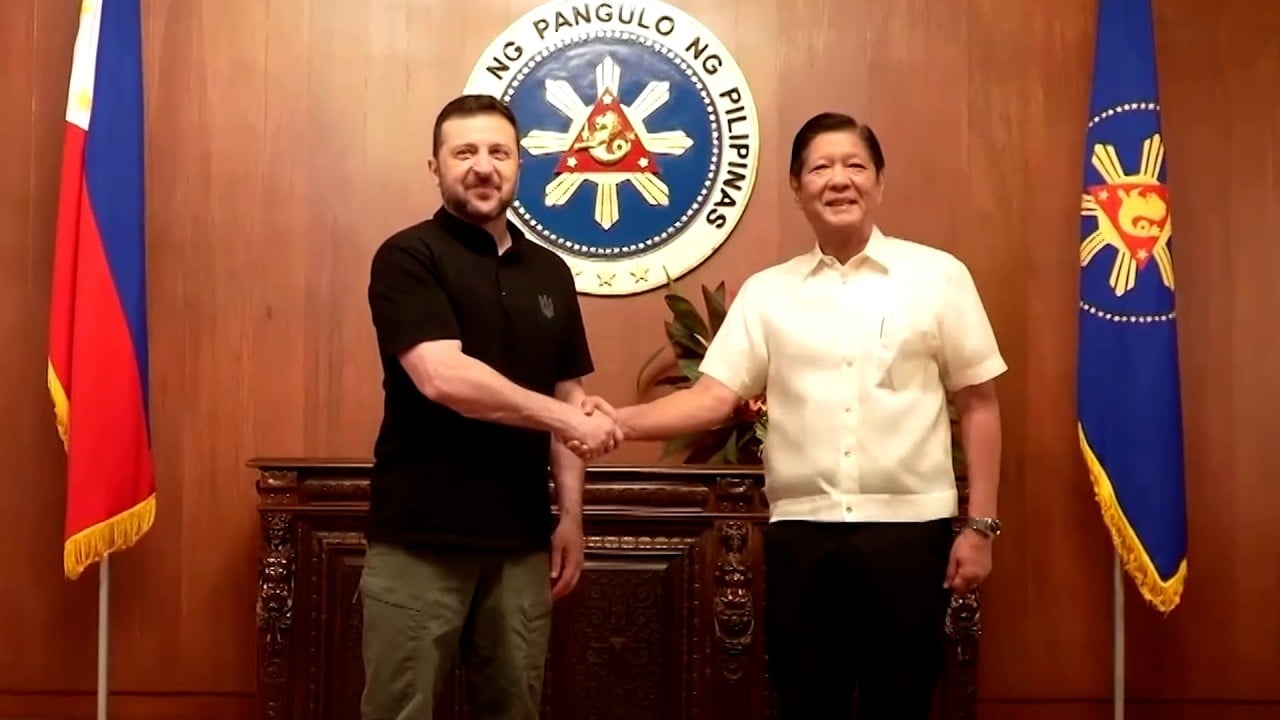The recent two-day summit on the Ukraine war yielded few tangible results towards peace. Ukraine’s President Volodymyr Zelensky wanted to galvanise international support, particularly from the Global South, to maintain global focus on Russia’s invasion.
But major Global South nations, including India, South Africa, Saudi Arabia, Indonesia, Thailand, Mexico and the United Arab Emirates, refrained from endorsing the joint communiqué, showing significant global divide. It was a setback for Zelensky.
China had declined to attend the June 15-16 summit, which was a culmination of Zelensky’s 19-month efforts to engage world leaders to resolve Europe’s largest conflict since the second world war.
Switzerland hosted the event with the hope of laying the groundwork for a peace process inclusive of Russia, though Moscow was not invited. US President Joe Biden also opted not to attend, with Vice-President Kamala Harris going in his stead.
Biden’s absence, ostensibly due to a fundraiser in California, subtly signalled his low expectations for the summit. And so, it seems, were the expectations of many summit participants.
Despite invitations to over 160 countries and international organisations, the attendee list fluctuated and ultimately fell to around 100. Countries such as Brazil, India and South Africa sent lower-level representatives. Critics blamed China’s influence for the low participation. They labelled the six-point consensus between China and Brazil on the Ukraine crisis as a skilful boycott against the West.
This narrative, however, seems a little stretched. Blaming China alone for the absence of some countries overlooks the broader geopolitical complexities.
South Africa and India, in staying out of the joint communiqué, are hedging their bets with their own peace initiatives. New Delhi, in particular, eyes a mediating role.
Modi and his administration has sidestepped a firm position on the Ukraine conflict to avoid antagonising Russian President Vladimir Putin. This strategic ambiguity reflects India’s balancing act, aiming to preserve its diplomatic leverage. By not committing, India wants to keep its options open, poised to act when the opportunity for mediation arises, while safeguarding its crucial ties with Russia.
Similarly, Saudi Arabia is looking for a role in this arena. The kingdom stands prepared to aid the peace process but is emphasising that any sustainable resolution will necessitate a “difficult compromise”. The Swiss event has divulged a clear-cut bifurcation within the Global South, revealing the emergence of two distinct blocs. This division underscores the complexity of the geopolitical landscape.
One force aims to frame the conflict in a “good vs evil” narrative, which translates into supporting vs opposing Russia. Another group advocates for a ceasefire and cessation of hostilities – with some uncomfortable compromises, of course – as the top priority.
During the Swiss session, this second group dictated the agenda and proceedings. The conference drastically lowered its ambitions under pressure from this group. Initially set to discuss 10 goals, it eventually agreed to focus on only three: food security, nuclear safety and humanitarian assistance.
In another non-starter for Zelensky, on the eve of the summit, Putin issued stringent conditions for a ceasefire. In a calculated snub, he demanded that Ukraine cede control over four regions, including territories under Russian occupation.
Anticipating swift rejection from Kyiv and Western capitals, Putin deliberately tabled terms meant to garner media attention and diminish the summit’s significance. Zelensky faced another setback at the summit when the next meeting’s venue remained undecided.
It’s essential to recognise that the summit’s objectives were ambitious, and the varied levels of engagement reflect diverse global perspectives on the Ukraine conflict. But while the summit didn’t achieve its primary goals, it did highlight the need for continued diplomatic efforts.
The mixed reactions underscore the intricate dynamics of international relations, especially in addressing such a profound crisis. The takeaway is clear: Zelensky needs to do more homework before launching such ambitious meetings.
Despite the limited progress, the summit underscored the international community’s recognition of the urgent humanitarian and security issues stemming from the war, setting a potential framework for future negotiations.
The varied reactions at the summit are likely to have furnished Zelensky with ample material to review and recalibrate his diplomatic approach in rallying support. His heavy reliance on Western allies while neglecting engagement with the Global South has left him vulnerable to such an awkward situation.
But Western support for Ukraine remains resolute, evident in recent summit deliberations. Harris reaffirmed America’s unwavering support, unveiling a US$1.5 billion aid package, including for energy infrastructure and civilian security, while German Chancellor Olaf Scholz criticised Russia for refusing to engage in collective peace efforts.
Similarly, before the summit, Group of 7 leaders announced a US$50 billion loan package for Kyiv, leveraging interest and income from over US$260 billion in frozen Russian assets. Additionally, a security agreement inked by Biden and Zelensky commits the United States to a decade-long endeavour to train Ukraine’s armed forces, underscoring a sustained commitment to bolstering Ukraine’s defences.
As the Ukraine crisis enters its third year, the spectre of further escalation looms. Urgent action is needed to address the humanitarian catastrophe, with securing a ceasefire and ending the conflict taking precedence. But prospects for an imminent peace remain slim and meeting outcomes modest.
The root of the issue lies in the absence of a shared, holistic, collaborative and enduring security framework. Without such a framework, peace summits will yield limited results. Understanding this is crucial if the world is to chart a path towards sustainable peace in the region.
Dr Imran Khalid is a freelance contributor based in Karachi, Pakistan





